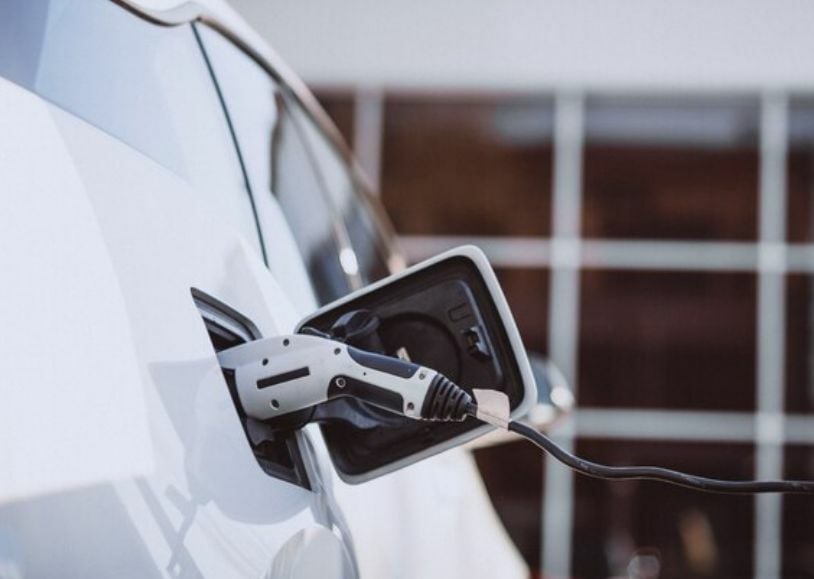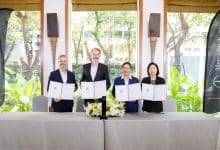Thailand shifts gears: Revving up both ICE and BEV vehicle production

The government of Thailand is pushing for a dual-track approach to vehicle manufacturing, fostering the production of both internal combustion engine (ICE) vehicles and battery electric vehicles (BEVs). Prime Minister Srettha Thavisin stated his desire for Thailand to be a significant centre of ICE production, even as the nation aims to become a hub for BEV manufacturing. He is due to clarify this dual support for ICE and BEV production with Japanese authorities in December.
The government’s support of ICE vehicles is rational due to the time required for a global shift towards electric vehicles. Thailand is a major hub for pickup production, many of which are exported to developing countries. However, these need to be ICE vehicles due to the limited battery technology for electric pickups.
The government is also planning to support vehicles with low emissions, in line with Euro 6 standards, and those using safe driving technology. The country aims to reduce carbon emissions, with a new automobile excise tax structure set to be introduced in 2026.
However, the transition to electric or other clean energy vehicles is estimated to take around 30 years, with demand for ICE cars and auto parts expected to continue during this period. This allows the automotive component industry in the country to maintain business opportunities in the global market and sustain income from exports.
While the state’s push for EV industry development does not negate ICE manufacturing, the 30@30 scheme only calls for EVs to make up 30% of total car production by 2030. This scheme is designed to stimulate investment in zero-emission vehicle manufacturing, aiming for the production of at least 725,000 zero-emission cars and 675,000 electric motorcycles.
This move towards sustainable transport is also being supported by financial institutions. Siam Commercial Bank (SCB) has reported sustainable finance for all customer segments surpassed 52 billion baht in the first three quarters and set a target of 100 billion baht in sustainable finance by 2025, reported Bangkok Post.
Sustainable aviation fuel
In addition to developments in the automotive industry, the promotion of sustainable aviation fuel (SAF) is seen as a key mechanism to reduce carbon dioxide emissions in the aviation sector. Major energy companies in Thailand have begun SAF production which is expected to help decrease prices locally.
Airlines are being encouraged to lower energy consumption and reduce their carbon footprint, with some countries beginning to mandate the use of a certain percentage of renewable fuel for flights.
Follow more of The Thaiger’s latest stories on our new Facebook page HERE.
Latest Thailand News
Follow The Thaiger on Google News:


























